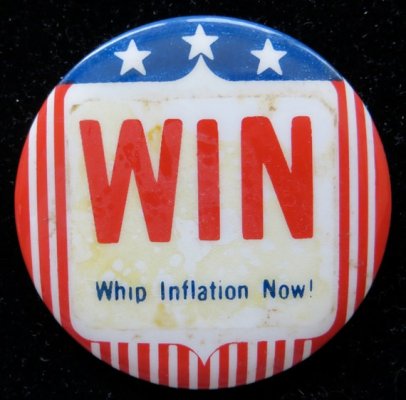The latest post from the always-worthwhile TIPS Watch site is an especially good one, IMHO. Well worth taking the time to watch the short video linked to within it.
Interesting to hear why comparisons of inflation today vs. decades ago are dubious at best. Actionable conclusions seem pretty obvious: plan for persistent high inflation for quite some time to come and invest accordingly.
https://tipswatch.com/2022/09/04/video-a-finance-professor-offers-common-sense-on-u-s-inflation/
Interesting to hear why comparisons of inflation today vs. decades ago are dubious at best. Actionable conclusions seem pretty obvious: plan for persistent high inflation for quite some time to come and invest accordingly.
https://tipswatch.com/2022/09/04/video-a-finance-professor-offers-common-sense-on-u-s-inflation/


